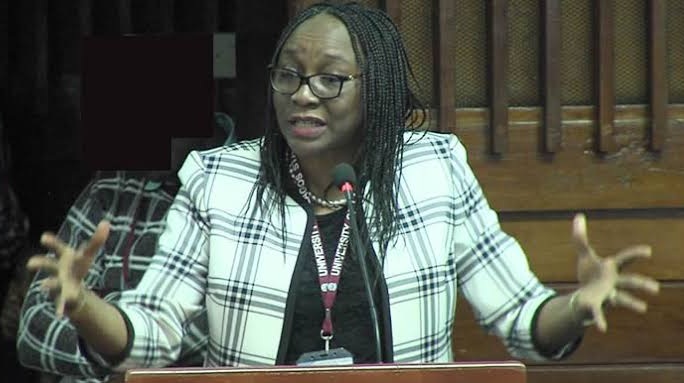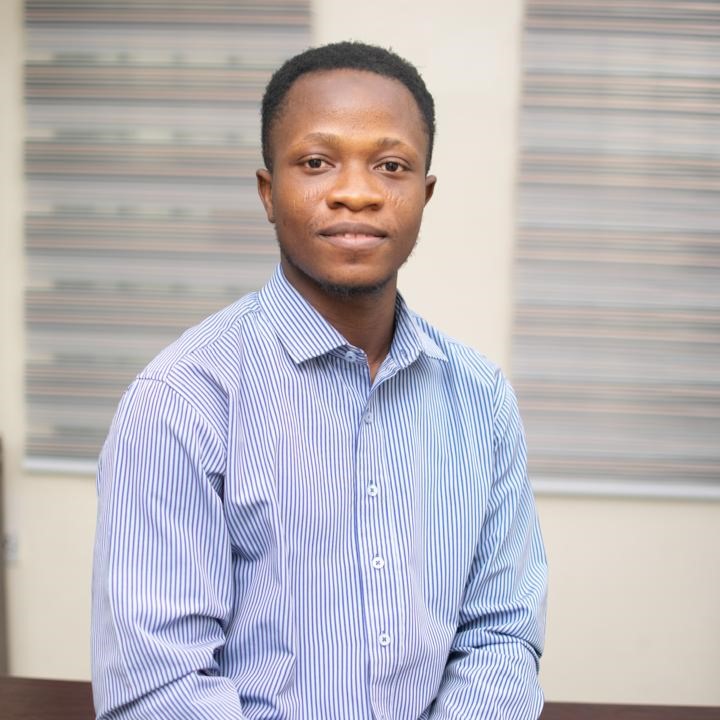Political experts, academics, and civil society leaders have renewed calls for the restructuring of Nigeria’s justice system as a decisive step towards tackling corruption, describing it as a malignant tumour steadily weakening the nation’s values and institutions.
The call was made at an international conference on anti-corruption themed ‘Politics, Governance, Probity, Religion and Corrupt Behaviour in Nigeria’, organised by the University of Lagos Faculty of Social Sciences in collaboration with Pan-Africana Strategic and Policy Research Group (PANAFSTRAG) and Civil Society Legislative Advocacy Centre (CISLAC).
Speakers at the conference argued that corruption has remained a cankerworm in Nigeria for decades, eating deep into the country’s cultural and value systems.
Corruption is rooted in mindset

In her opening remarks, the Vice-Chancellor of UNILAG, Folashade Ogunsola, a professor, described corruption as an issue rooted not only in leadership but also in individual mindset.
“Corruption is the abuse of entrusted power for personal gain. It happens when individuals in positions of power use their position to influence others at the expense of public good,” she said.
She explained that corruption also manifests in universities through cheating, plagiarism, falsifying data, and bribery in admissions.
“You are not a thief because you steal, you steal because you are a thief,” she remarked, emphasising that the fight against corruption must begin with personal accountability.
Also Read: Nigeria @ 65: GGA holds discussion on strengthening civic engagements for enhanced accountability
‘An anti-people structure’

The Dean of the Faculty of Social Sciences, Adelaja Odukoya, a professor, in his opening address, aligned with the vice chancellor’s position, noting that corruption has become deeply entrenched in the very structure of the Nigerian state.
“The Nigerian state was never created to develop and empower its people. It was an anti-people mechanism for primitive capitalist accumulation,” he said.
Mr Odukoya further argued that politics and religion, both of which he described as heavily commercialised, have become major incubators for corrupt practices in the country.
Corruption thrives on weak justice system
In his keynote address, the immediate past Provost of the National Anti-Corruption Academy, Tunde Babawale, a professor, stressed that corruption goes beyond the looting of public funds to include nepotism, abuse of authority, and moral violations.
Mr Babawale described corruption as “a malignant tumour” threatening Nigeria’s collective ambition and existence.
He called for urgent reforms in the justice system, including the establishment of special anti-corruption courts and the restructuring of legal processes.
“A corruption case in Nigeria can sometimes drag on for three to seven years. This tardiness encourages impunity. We need to rework and restructure our justice delivery system,” he maintained.
Corroborating his position, the Director-General of PANAFSTRAG, Ishola Williams, a retired General, criticised professionals, particularly lawyers and accountants who enable corrupt leaders to evade justice. He said, “They know a man is a crook, yet they want to defend him.”
The retired army commandant further emphasised the need to strengthen accountability mechanisms across institutions to ensure that corruption is confronted at all levels.
Education, value systems under threat
Sharing his perspective on anti-corruption, the Director of CISLAC, Musa Auwal, warned that corruption in the education sector is crippling Nigeria’s future. “If you want to cripple a nation, you undermine education,” he said.
Mr. Auwal noted that policies undermining education are pushing young Nigerians out of school, fuelling social vices and accelerating brain drain.
He pledged CISLAC’s partnership with UNILAG and other stakeholders in advancing anti-corruption reforms. “We are ready to partner with universities to support initiatives in the anti-corruption war,” he assured.
Echoing this, UNILAG vice chancellor stressed that universities must first put their own house in order before they can contribute meaningfully to anti-corruption reforms.
“Universities must be seen as priorities in maintaining value systems,” she said, urging institutions to lead by example in promoting integrity.
Religion, followership and leadership recruitment
Speakers at the conference highlighted the roles of religion and followership in entrenching corruption.
Mr Babawale noted that Nigeria’s heavy reliance on religion has not translated into ethical conduct. “Nigeria has been identified as the second most prayerful country after Afghanistan, but that has had no positive impact,” he said, calling for a sanitised religious system that genuinely promotes moral values.
On leadership, Mr. Babawale criticised the low entry requirements for political office in Nigeria, describing politics as “the only profession that requires the least qualification.” He called for a more transparent recruitment process to prevent incompetent leaders from capturing state power.
Also speaking, Mr Odukoya underscored the need to shift from using a perception index to an impunity index in measuring corruption. He further urged Nigerians to demand accountability from leaders. “When you vote in garbage, you get garbage in return,” he warned.


